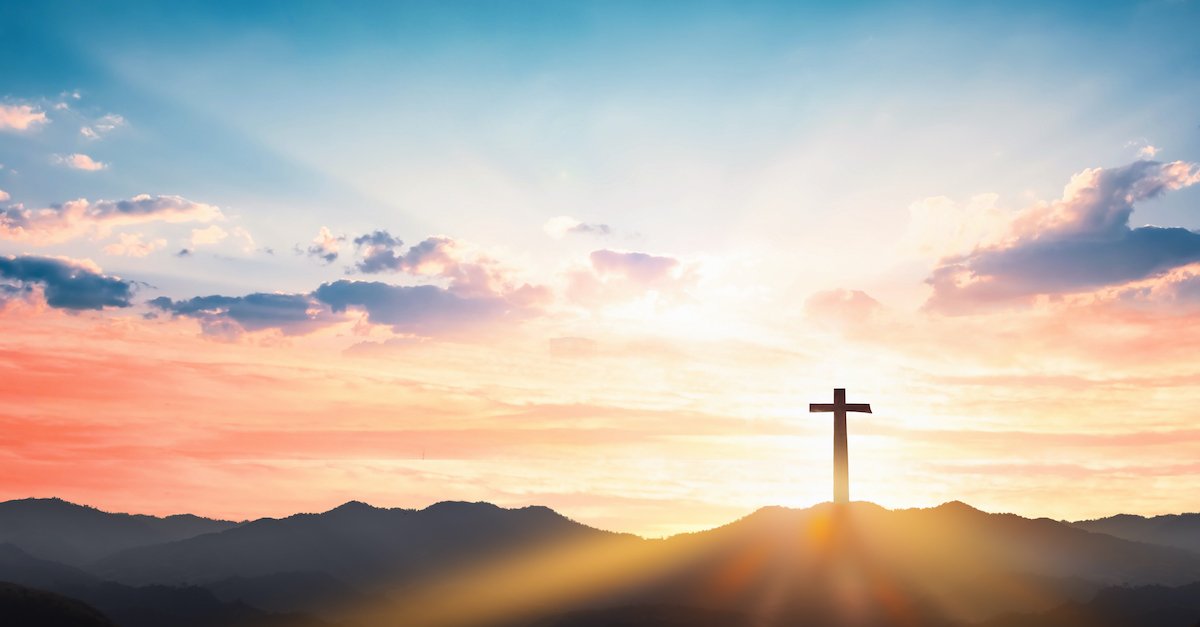They Rejected Catholicism Even After the Persecution Ended
Christianity spread quickly in 16th‐century Japan after Jesuit missionaries converted both warlords and peasants—especially on Kyushu, where maritime trading ports flourished in Nagasaki. Hundreds of thousands are said to have embraced the faith during that early period. However, when Japan’s shoguns came to regard Christianity as a threat, a fierce crackdown swept the country in the early 17th century. In the aftermath, many of those who had practiced in secret emerged and joined the mainstream Catholic Church, while others chose to continue following their own clandestine traditions.
Hidden Christianity Developed When a Lapse in Secrecy Could Be Deadly
Unlike Catholics, who developed a formal structure with churches, priests, and centuries of doctrinal teachings, Hidden Christians had to conceal every outward sign of their belief following the 1614 ban on Christianity and the expulsion of foreign missionaries. Families took turns safeguarding treasured ritual objects and hosting secret services to honor both their faith and their resilience. Even today, an outsider stepping into one of these secretive ceremonies may feel as if time has stood still, with rituals unchanged since the 16th century.
They Take Pride in Clinging to the Old Ways
Many Hidden Christian communities rejected the Catholic Church when persecution subsided because Catholic priests demanded that their followers be rebaptized and abandon the Buddhist-tinged altars that had become part of their sacred practice. For believers like Masatsugu Tanimoto, the decision to maintain the unique religious traditions of their forebears was not about rejecting Jesus or Mary; it was about honoring the practices that had sustained generations under conditions of danger and secrecy. An integral element of their ceremonies is the recitation of Latin chants known as Orasho, a vestige of the prayers introduced by early missionaries. Tanimoto even shared a weathered prayer his grandfather had penned with a brush and ink, a tangible reminder of the continuous link to the past. With modern changes and the decline of home funerals, these traditional chants now occur only a few times each year.
Hidden Christianity Is Dying, and the Faithful Know It
In the 1940s, government figures estimated that nearly 30,000 Hidden Christians lived in Nagasaki—about 10,000 on Ikitsuki Island. However, no one has been baptized into this distinct faith since 1994. Hidden Christianity was deeply interwoven with the communal bonds of Japan’s former agricultural society, bonds that have gradually eroded as rapid modernization has reshaped even rural life. Experts warn that the absence of professional religious leaders, who might adapt sacred teachings to contemporary life, leaves the tradition structurally fragile.
Researchers are now collecting artifacts and recording interviews in a bid to preserve the legacy of this endangered way of worship. Masashi Funabara, a retired town official from a small local group that has dwindled from nine communities to only two families, recounted how the frequency of meetings has fallen from nearly monthly to just a few times per year. Like his father, Funabara painstakingly records portions of the Orasho in notebooks, hoping that these notes might one day help pass on the tradition to the next generation.
Reflecting on a Legacy of Resilience
After emerging from centuries of persecution in 1865, some Hidden Christians eventually converted to Catholicism. Yet others persisted in their secretive practices, passing down rituals that tie them to a bygone era of samurai, shoguns, and martyred missionaries. Even as the remaining adherents—mostly elderly—face a future in which their tradition may vanish entirely, their commitment to maintaining these sacred customs stands as a powerful testament to the enduring strength of faith under adversity.

Rockin’ the faith, one verse at a time!
Growing up, the Bible’s stories deeply impacted me. Now, with over 15 years of preaching experience, I blend timeless teachings with modern technology, making them relevant for today’s world.
Bible Hub Verse is my platform to share historical insights and thought-provoking articles, exploring both familiar and uncommon Christian topics. My passion is building a welcoming online space for everyone to learn, grow in their faith, and discover the Bible’s enduring message.
Join the journey!
God bless you.







